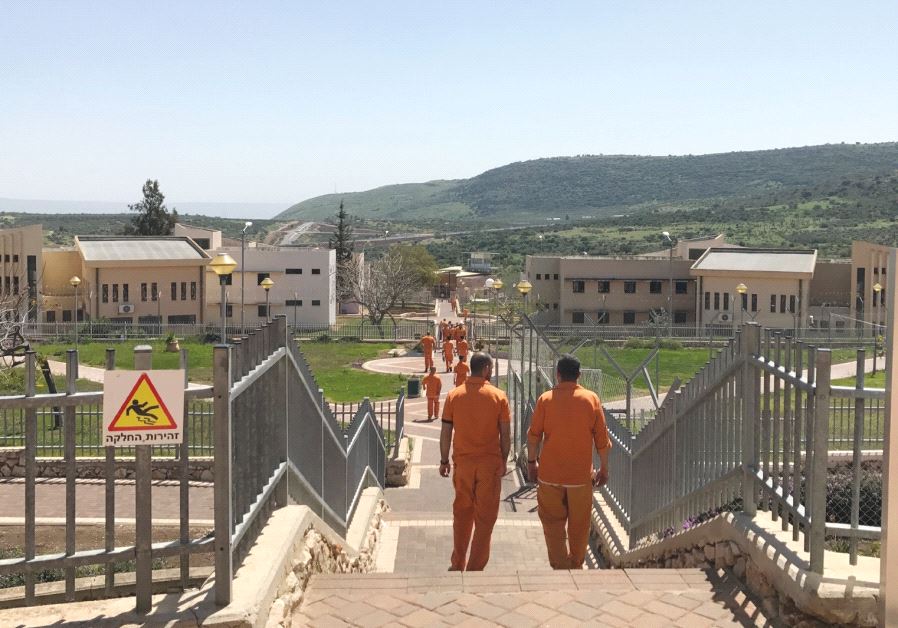Public defender: Israeli prison conditions still insufficient
The Israeli Public Defender’s Office noted prisoners' inadequate conditions in its annual report.
 INMATES WALK through the Hermon Prison in northern Israel last week.(photo credit: ELIYAHU KAMISHER)
INMATES WALK through the Hermon Prison in northern Israel last week.(photo credit: ELIYAHU KAMISHER)